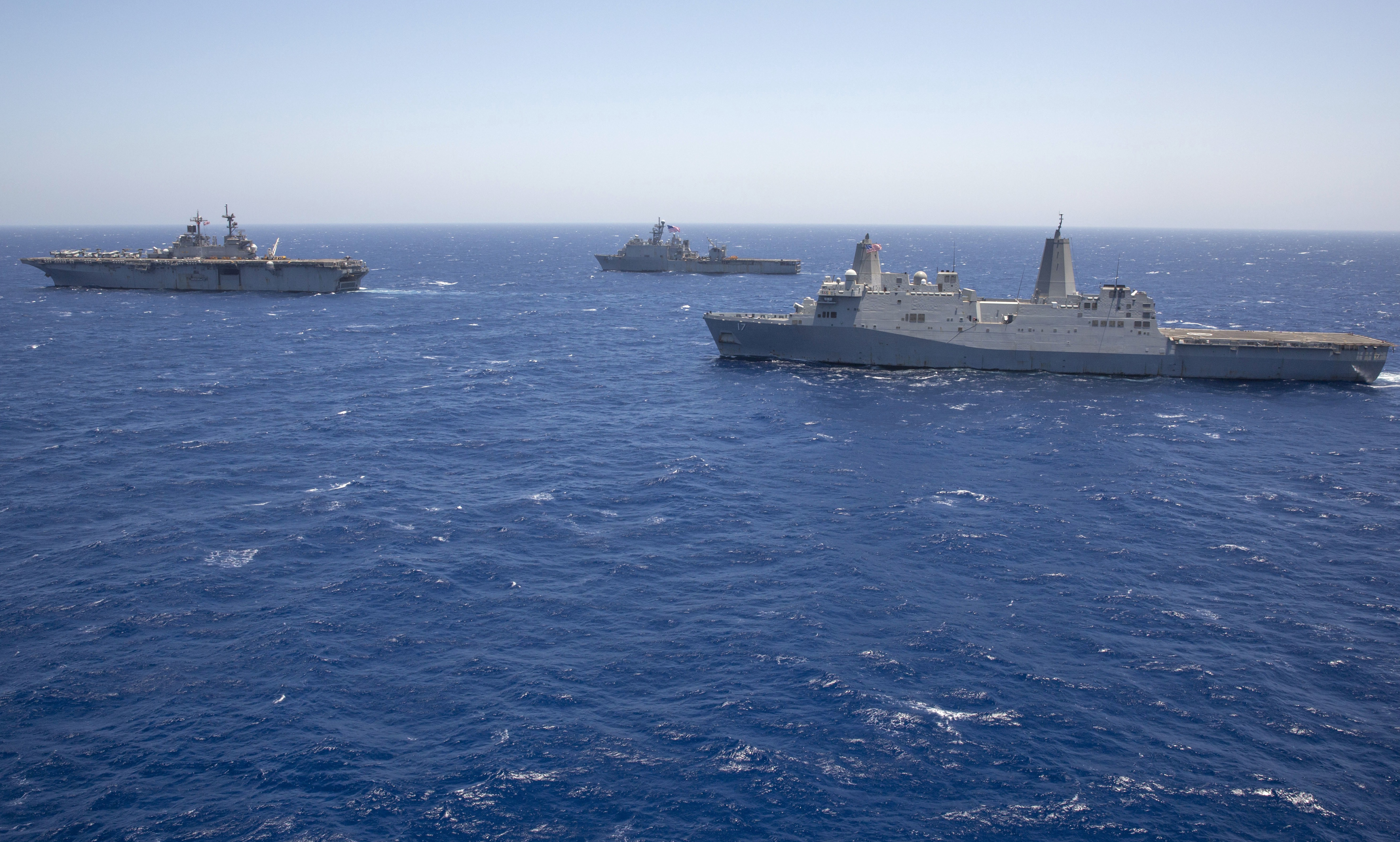
Updated: No Tasking for U.S. Marines Near Egypt to Intervene in Conflict
Marines on two amphibious warships in the Red Sea have not been given tasking to respond to the growing unrest…
Copyright 2024 U.S. Naval Institute. All Rights Reserved.